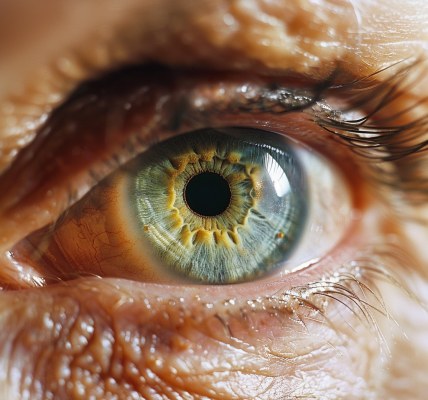People with eating disorder ARFID in Wales feel ‘misunderstood and misdiagnosed’
A 21-year-old girl from Pontypridd, Rachel, has spoken out about the challenges faced by individuals living with the eating disorder ARFID, emphasizing that they are often misunderstood or misdiagnosed by healthcare professionals. Rachel, a patient under Cwm Taf Morgannwg University Health Board, shared her experience of being dismissed as a ‘fussy eater’ by doctors or incorrectly diagnosed with anorexia over the years. Alongside her mother Debra, Rachel aims to raise awareness about this little-known condition.
ARFID, which stands for avoidant restrictive food intake disorder, is characterized by the avoidance of certain foods or food types and can be linked to autism. According to Debra, the disorder significantly impacts individuals’ relationship with food, as they struggle with various aspects such as appearance, smell, taste, and texture, leading to severe dietary restrictions. While the treatment for ARFID may resemble that of other eating disorders, the approach to addressing it is entirely different.
Rachel expressed relief at receiving the correct diagnosis at the age of 18, stating that it validated her experiences and alleviated feelings of being ‘weird’ or ‘wrong.’ She noted a significant improvement in her mental health following the diagnosis.
Statistics reveal a substantial increase in the number of individuals living with ARFID in the UK over the past five years. In 2018, the eating disorders charity Beat received 295 inquiries related to ARFID, accounting for 2% of total inquiries. However, by 2023, the figure surged to 2,054 calls, constituting 10% of total inquiries, indicating a sevenfold rise. Highlighting the lack of information, research, and specialized treatment for ARFID, Beat’s chief executive Andrew Radford emphasized the urgent need for improved support and care for individuals affected by the disorder.
Beat’s research underscores the concerning lack of access to specialist care for ARFID, with individuals often facing prolonged waits for treatment. The charity’s Eating Disorder Awareness Week campaign, held from 26 February to 3 March, aimed to shed light on ARFID and advocate for enhanced resources and funding to address the growing prevalence of the disorder.





